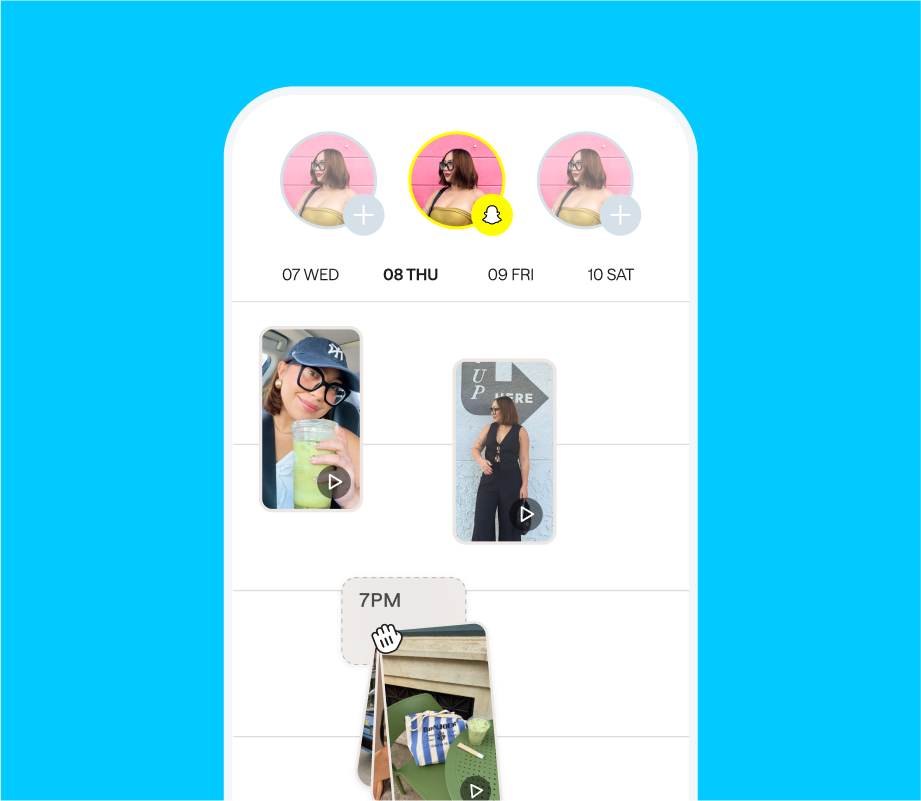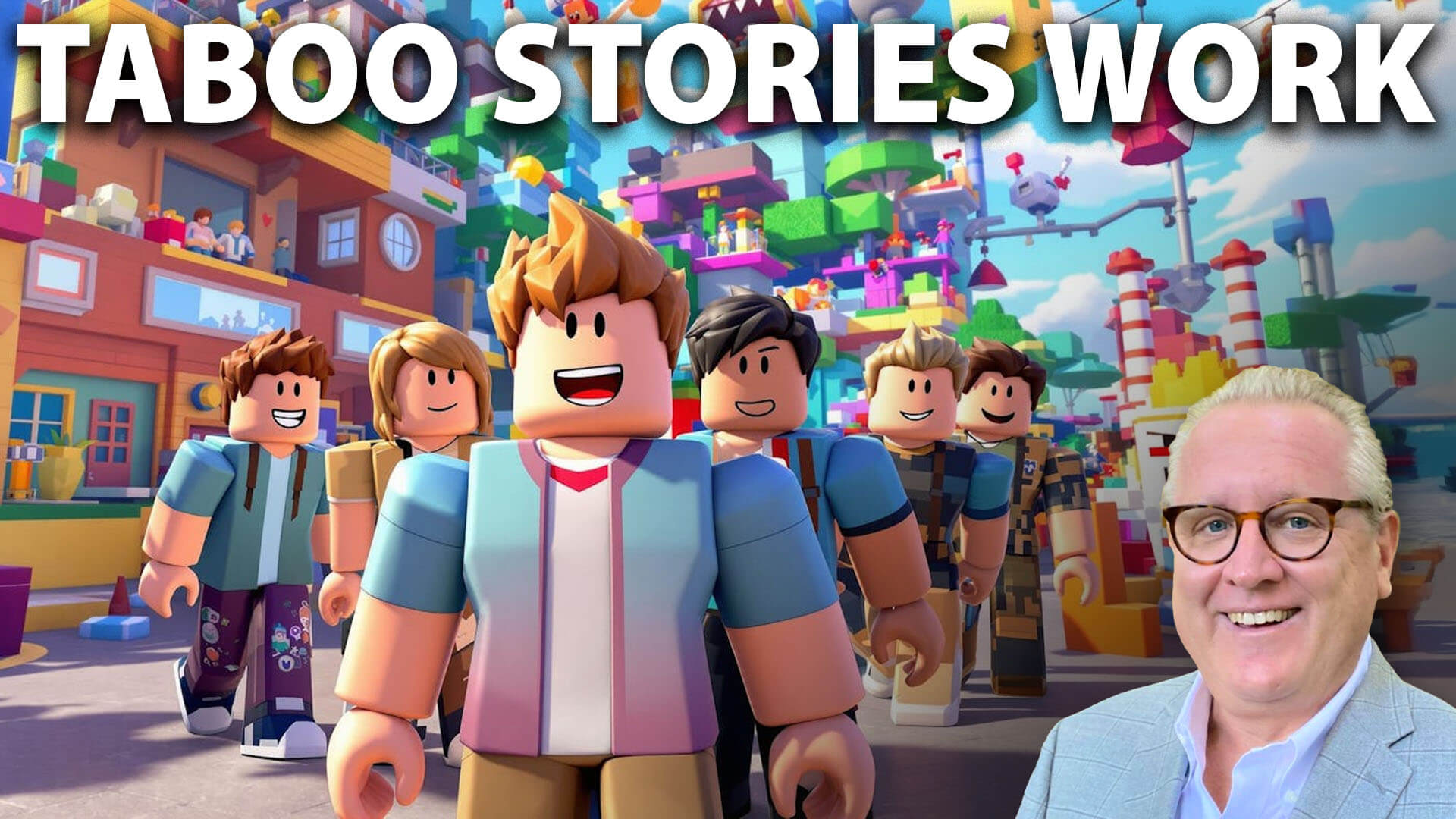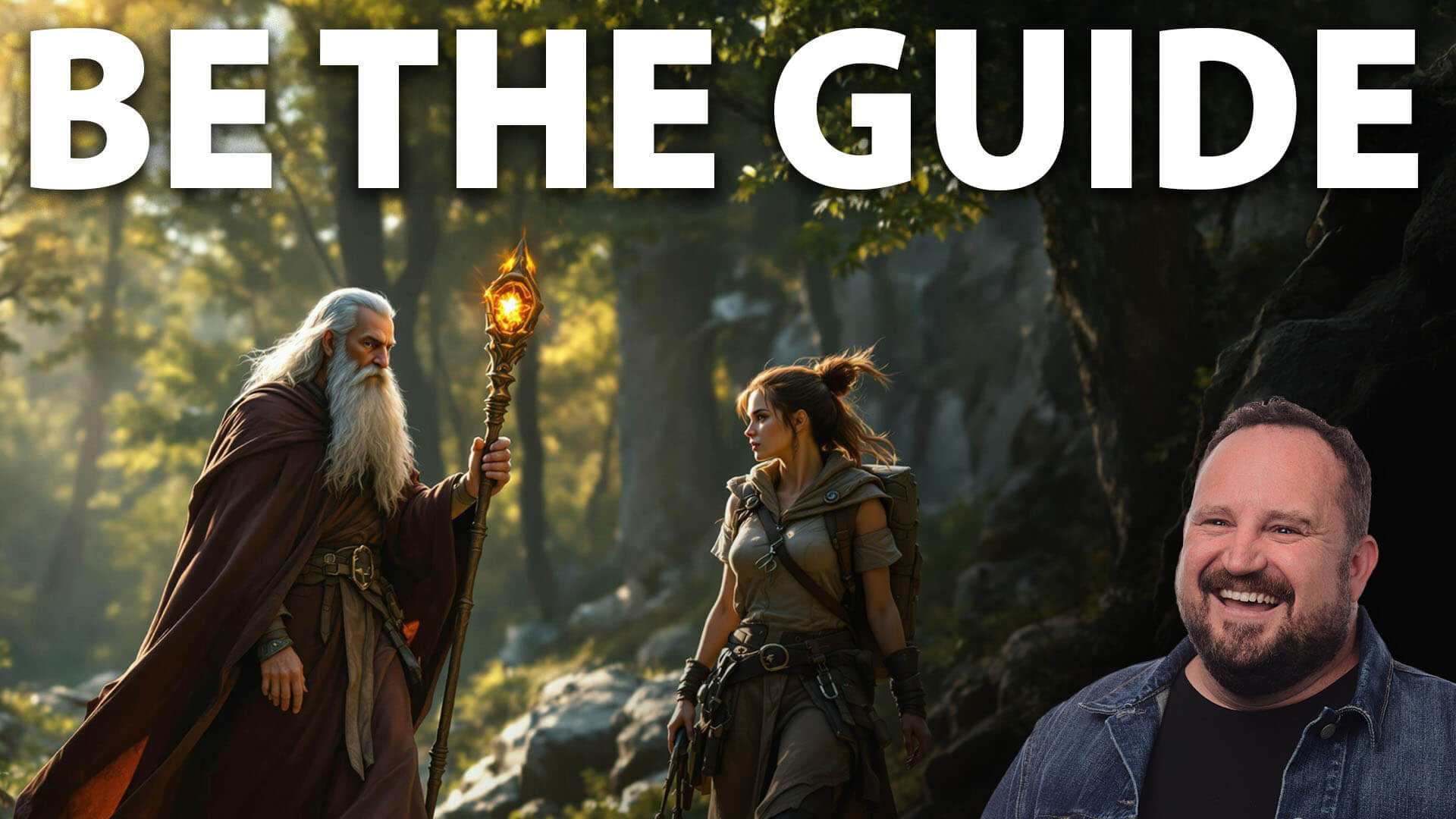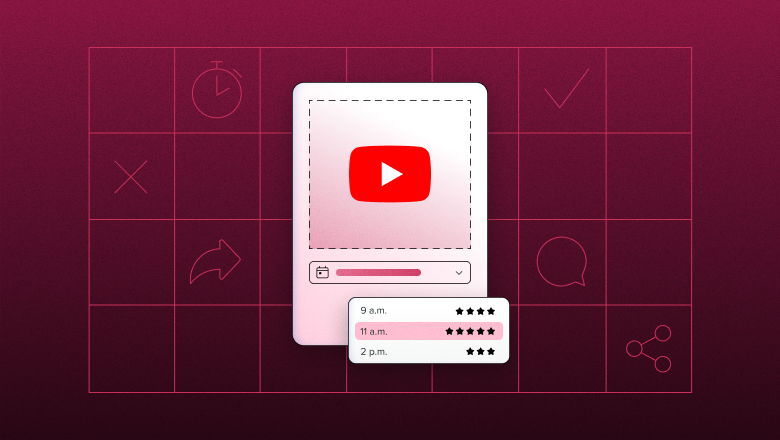When You’re Able to Crowdsource Priceless Writing Advice
In a search for external validation while drafting a memoir, one author found herself invited onto a popular podcast in esteemed company.


Today’s post is by author and wellness coach Nicole C. Foster (@nicolecfoster).
In the summer of 2022, I was a few months into writing the very first draft of my memoir along with a group of fellow writers in book inc’s Memoir Incubator. In these early days of writing my manuscript, the writing process often felt akin to throwing spaghetti at the wall and seeing what sticks. I remember literally throwing spaghetti on the ceiling as a child and watching it fall back down immediately. Between fits of giggles, I wondered, do adults really do this when they make pasta? My manuscript journey has felt the same—are “real” memoirists really just going to town on their first drafts and hoping for the best?
As I wrote, I would nestle up with a cup of tea in a mug that one of my PALS gifted me that said, “Keep Calm. It’s Just a First Draft.” While the sentiment was comforting, I craved external validation that I was on the right path. My memoir focuses on two of the most challenging times of my life—losing my dad in the terrorist attacks on 9/11 and, ten years later, being diagnosed with leukemia days before my fifteenth birthday. Since I’ve endured and survived these parts of my life, I’ve always felt the pull to write about them, and with that desire comes the reality of reliving the heaviness of it all. I often find myself telling people, in the most endearing way, that writing a memoir is equal parts catharsis and torture.
In search of external validation, I decided, on a whim, to write into Chelsea Handler’s podcast, “Ask Chelsea,” where she invites guests on and allows listeners to call or write in for advice. While Chelsea is known for her comedy, she’s also the author of seven books. Life Will Be the Death of Me (2019) explores her experience of unexpectedly losing her older brother Chet when she was nine years old and how the impact of this loss has followed her through adulthood. She magically infuses her well-known humor in a sobering story of grief.
Though our stories are very different, they share similar themes of grief, and I’ll always feel a kindred connection with any celebrity from the Garden State. In the email, I shared my writing struggles—how the topics felt so heavy and how I was overwhelmed by my haphazard approach of including too much information. I hit “send” on the email and, for the next few weeks, would eagerly check if I had a response but never did. Still, I listened to her podcast every Thursday release day, soaking in her conversations with well-known guests like Kate Hudson, Brooke Shields, and Esther Perel.
To my surprise, a year and a half later, I opened an email on a Friday morning with the subject line “How do I write my memoir?” The reply was coming from Chelsea’s producer, Catherine, who invited me to a pre-interview Zoom that very day. During our chat, she invited me on the podcast the following Monday and casually told me that the special guest would be Kristin Hannah, the bestselling author of The Women and The Nightingale, among other titles. By Monday afternoon, I felt equally nervous and excited as I rearranged my bedroom furniture to get the perfect Zoom background. When I was finally let into the room to chat with Chelsea, Kristin, and Catherine, I spit out a nervous “Hi!” as my face turned into an immediate smile, ready to soak up their wisdom.
In our conversation, they read my email, where I shared that I was working on my first draft, then they advised me on how to take on this initial phase of writing and overcome overwhelm. Kristin shared her approach to writing in chronological order and gave guidance in finding my groove by making writing a regular practice. Chelsea chimed in with her experience of writing about loss and grief and how feeling these emotions while we write—be it bawling our eyes out—actually makes our writing better. They agreed there’s no right or wrong way to start, and the key takeaway was writing and keeping writing.
This experience was priceless and granted me the permission to feel more at ease in my writing life. It also reminded me of the power of crowdsourcing writing advice. Connecting with fellow writers, like I have through book inc, is an amazing way to stay energized and eager to stay the course. I’ve found that getting close to the source is how I crowdsource the best writing advice, and I have a few ideas of how you can, too.
- Write into advice-based podcasts—even if they’re not writing or book-related. Send an email or call to share your writing woes or ask for their opinion on your ideas. You never know who might answer!
- Join author Q&As—virtually or in person. Recently, I attended a virtual author Q&A with John Stamos about his new memoir, If You Would Have Told Me, hosted by the Library Speaker Consortium. While registering for the session, audience members could write in questions that the moderator used as a guide during the hour-long conversation. By subscribing to my local library newsletter, I can stay informed on upcoming authors’ series like this one.
- Connect with fellow writers on social media—Substack, X, and Instagram. These days, everyone has a platform and audience! I’ve been able to find all my favorite authors, writers, and editors online and revel in inside peeks into their daily lives. They’re often trying to create a community around their work and often will open up their DMs, offer exclusive chat channels on Substack, or host Instagram live sessions and field questions from followers. I’ve found this is the most accessible way to gain insider knowledge of the writing world and stay connected with the ins and outs of the industry.
If I’m being honest, the best part of the podcast happened when I left the Zoom call. Before taking the next caller for advice, Chelsea exclaimed in her unwavering way, “She seems like an author!” That comment alone made me feel like my spaghetti-throwing approach has not been for naught, and one day, I’ll have a hearty bowl of pasta to share with the world.


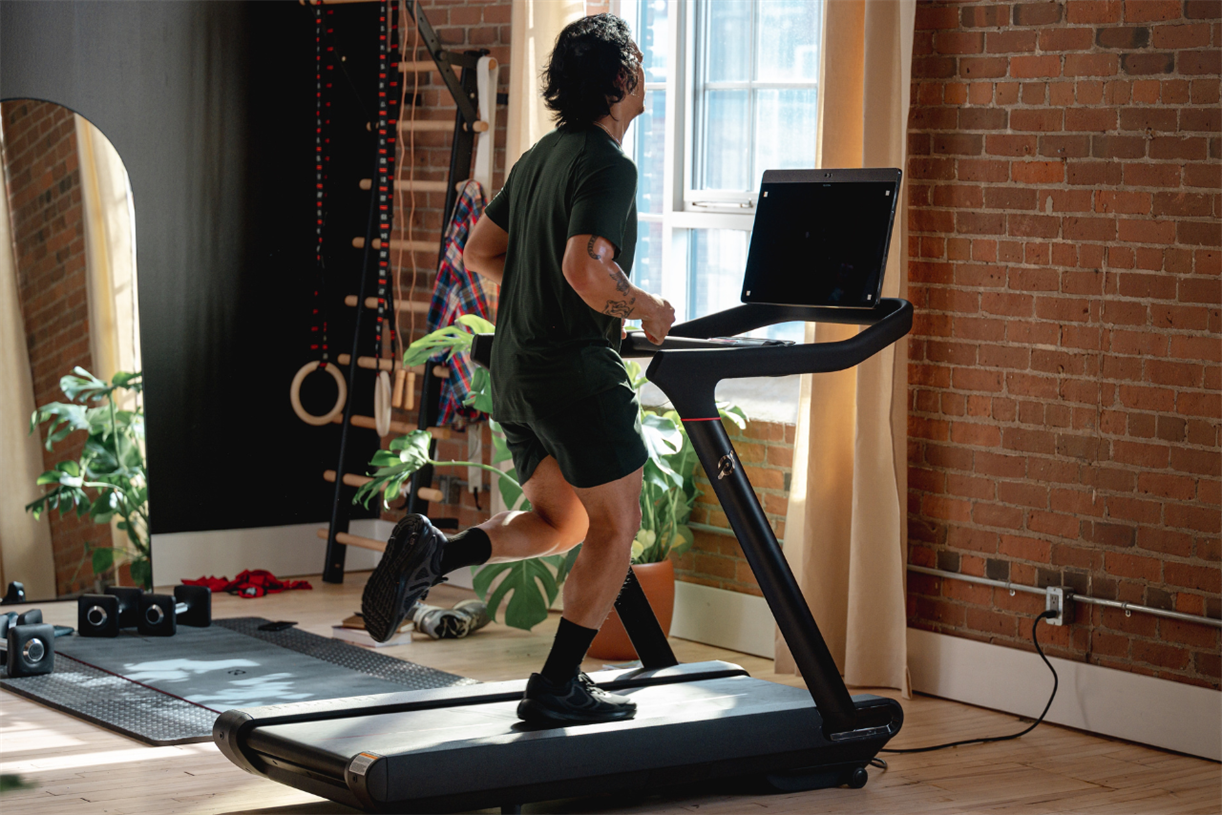
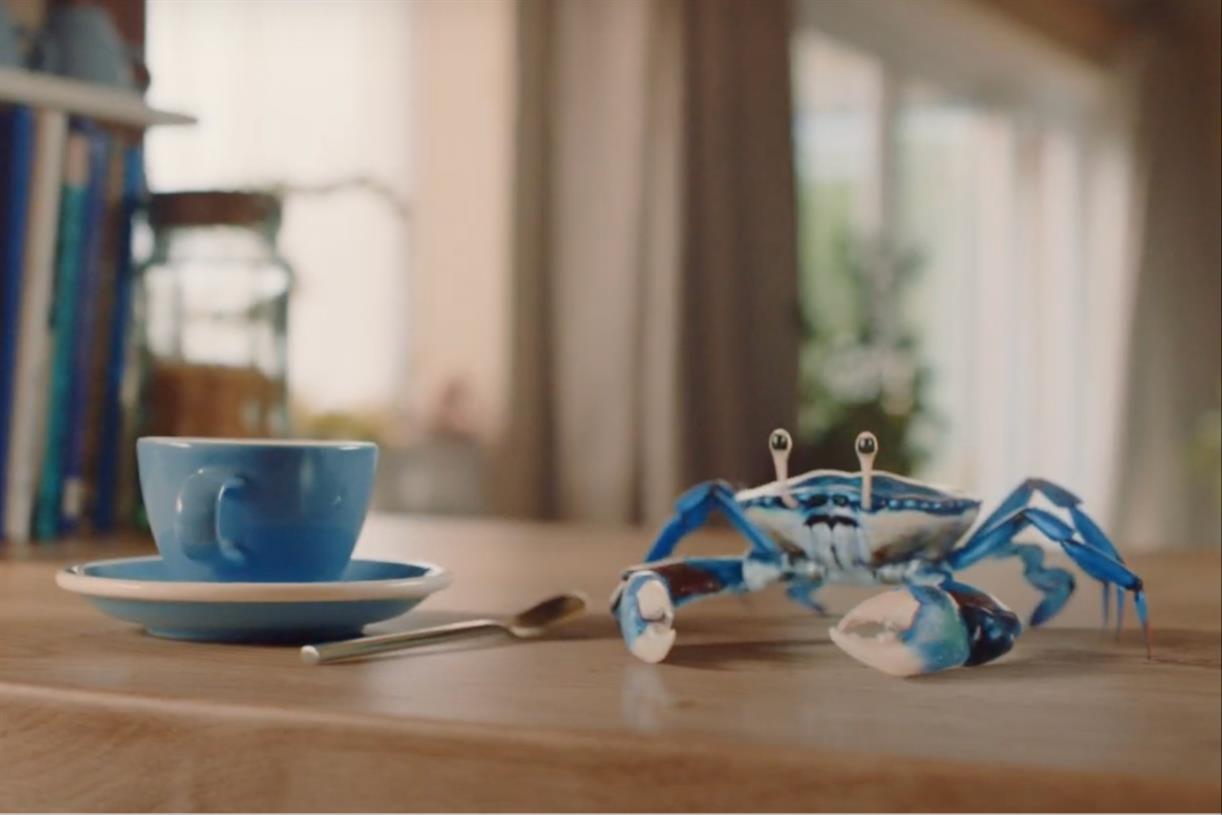








.jpg)
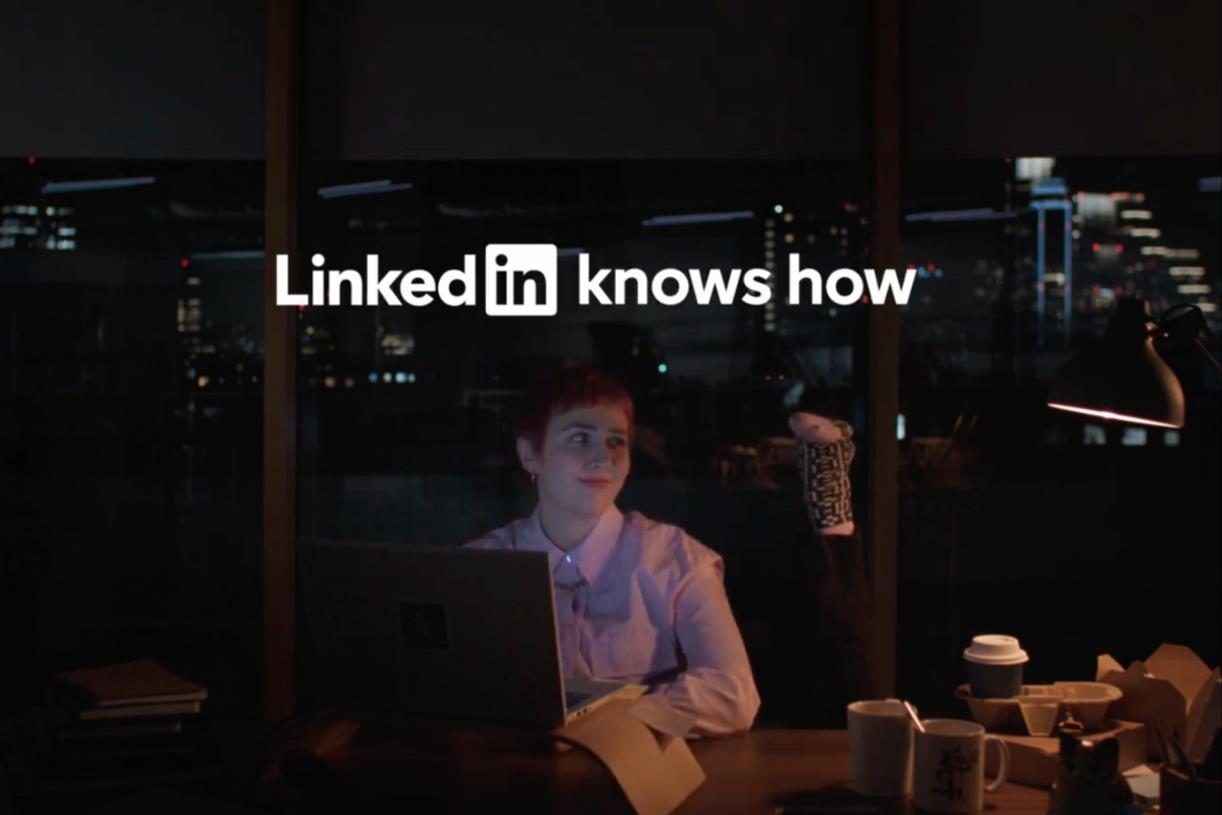




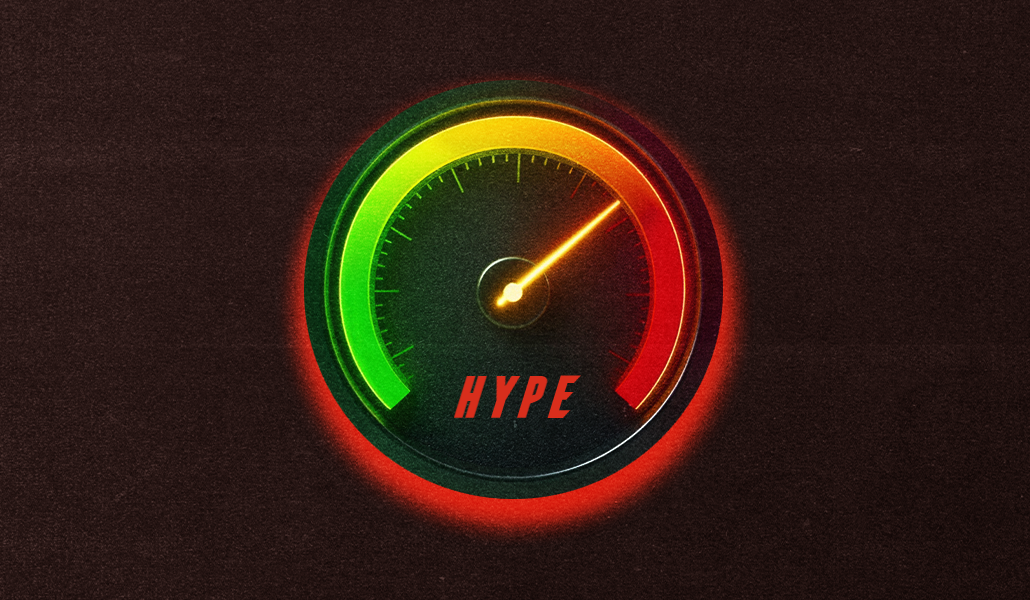







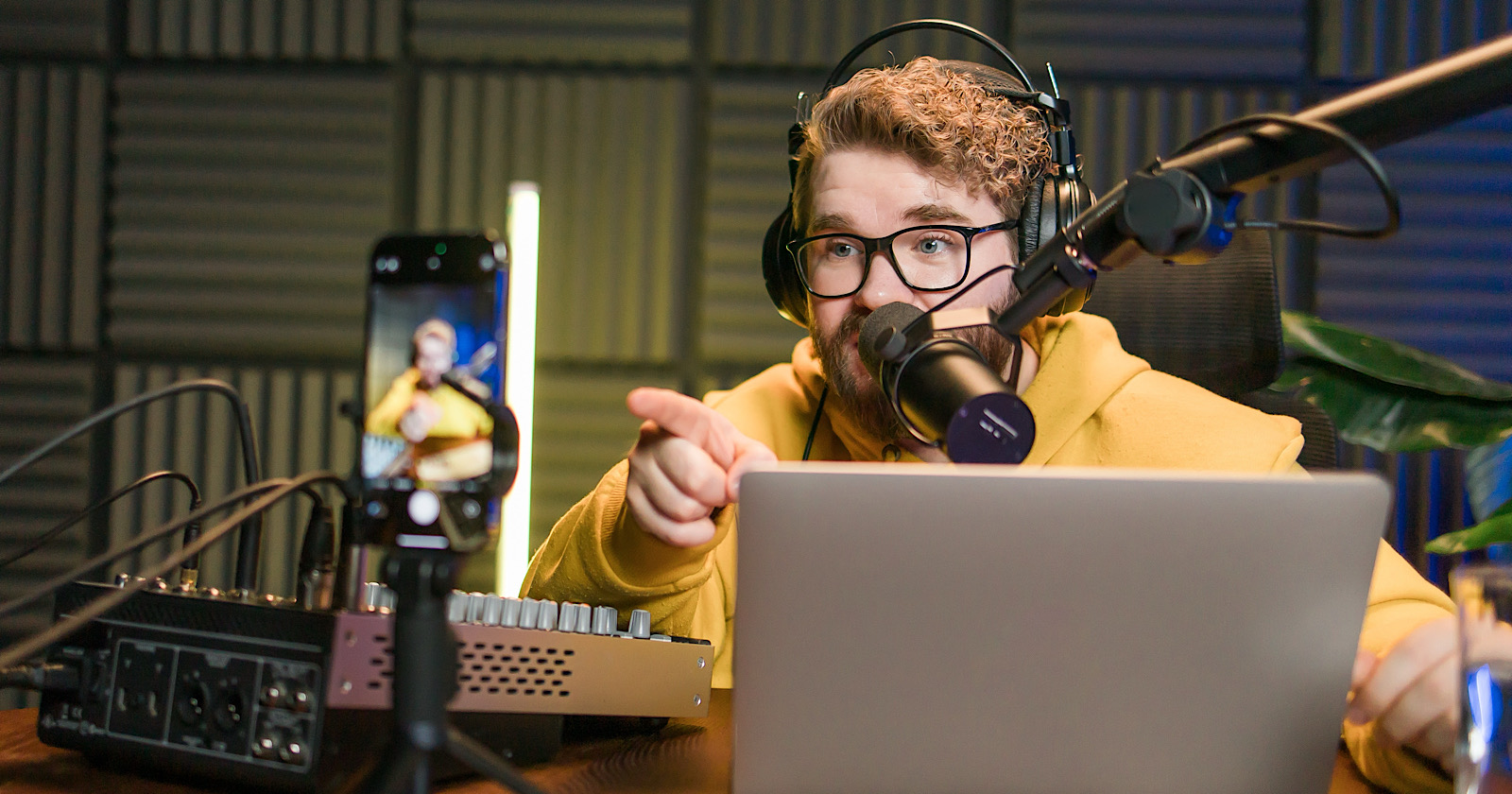
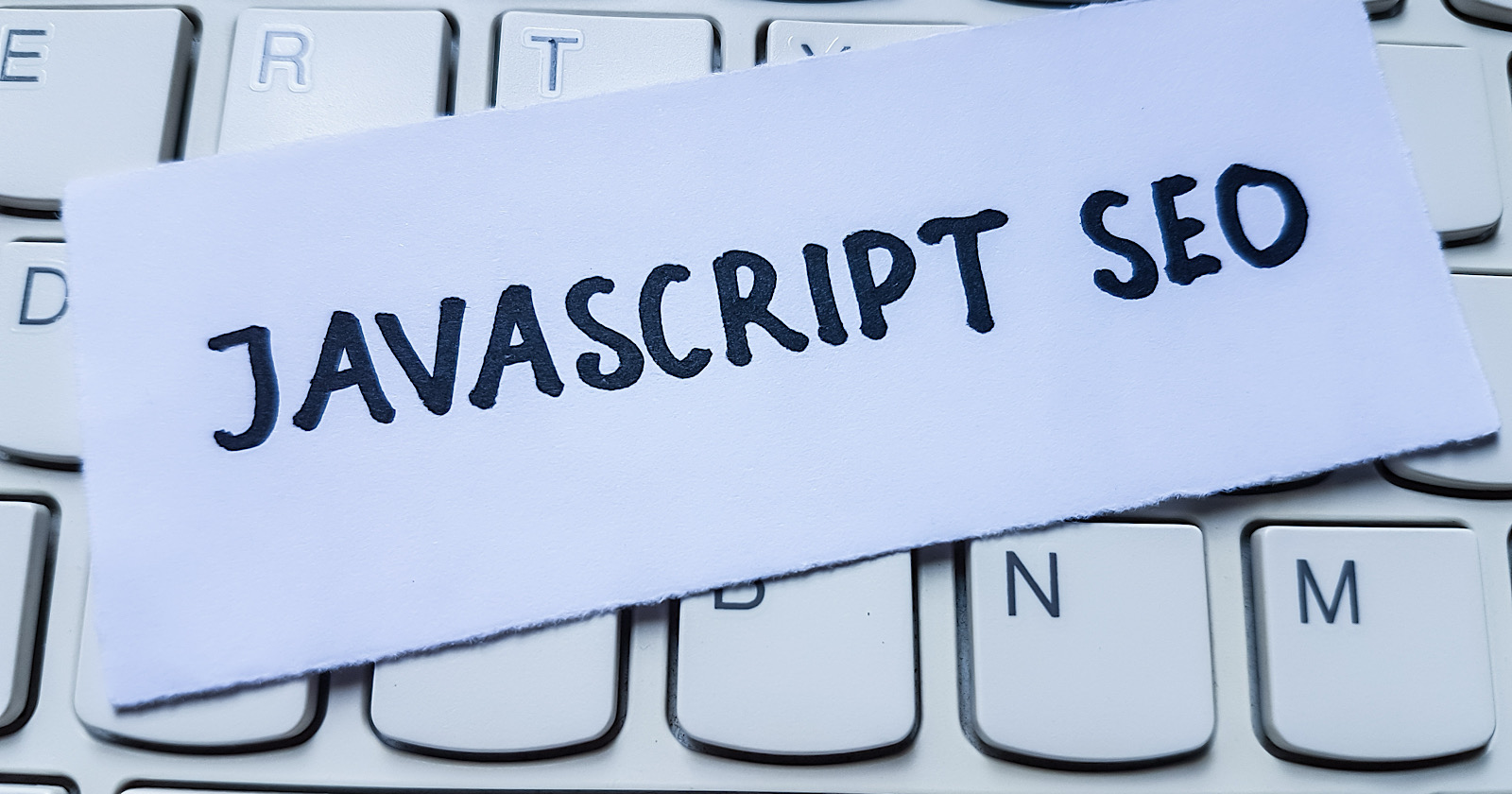





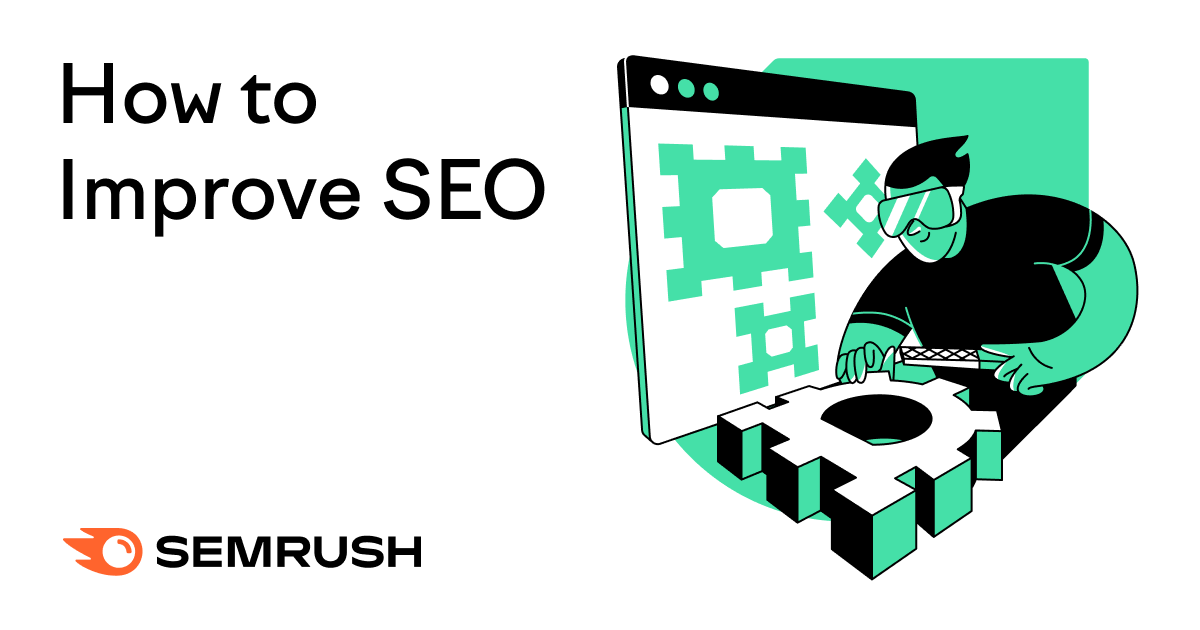















![How Marketers Are Using AI for Writing [Survey]](https://www.growandconvert.com/wp-content/uploads/2025/03/ai-for-writing-1024x682.jpg)




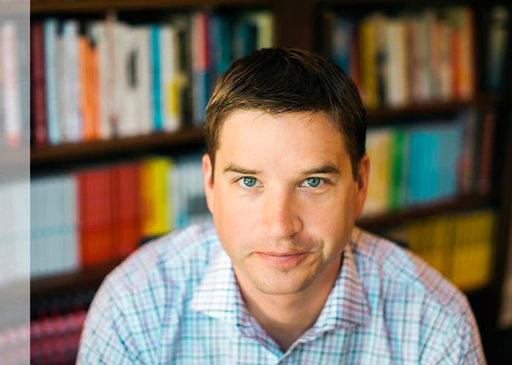



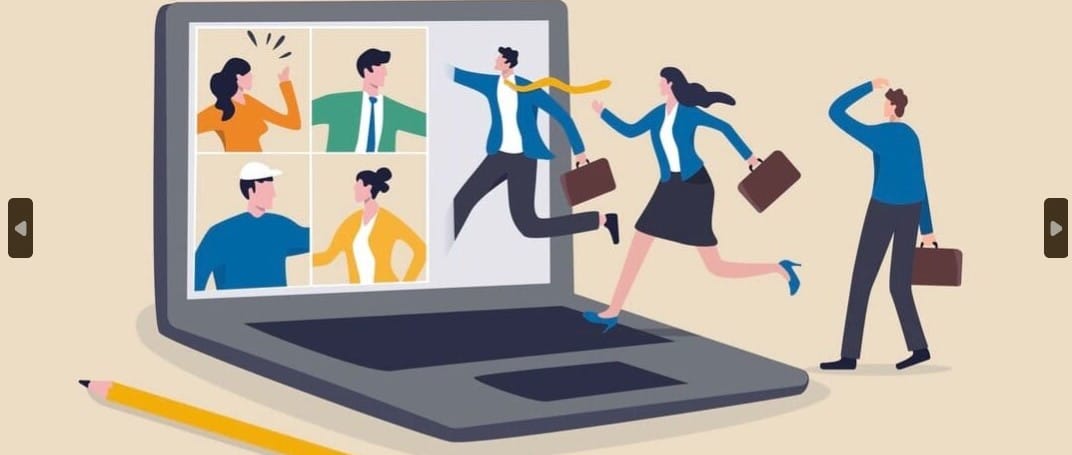








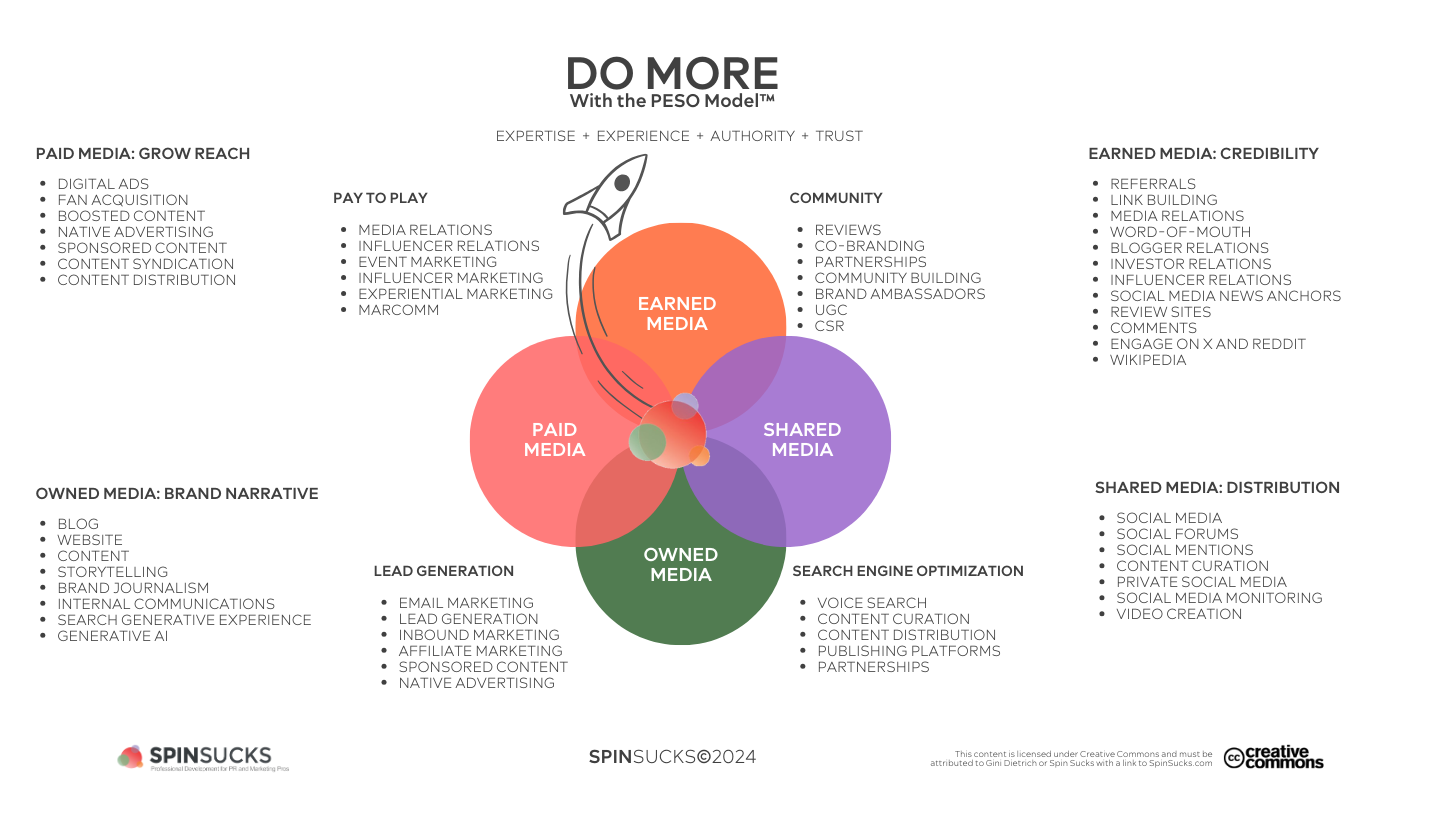
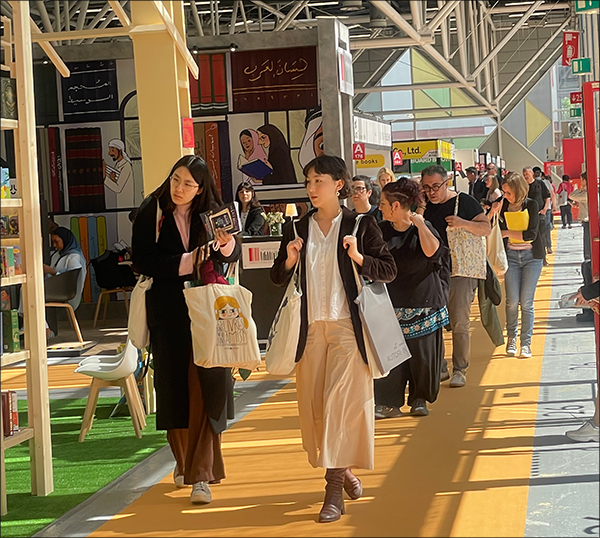



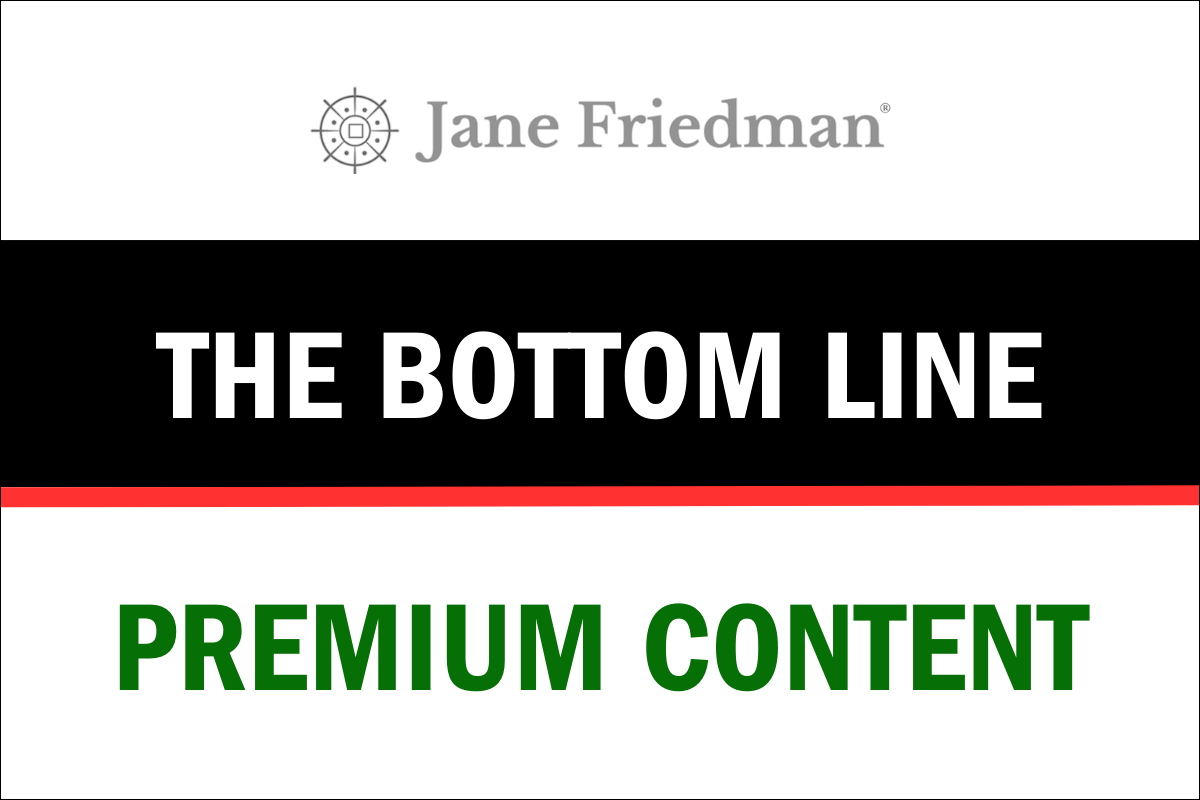












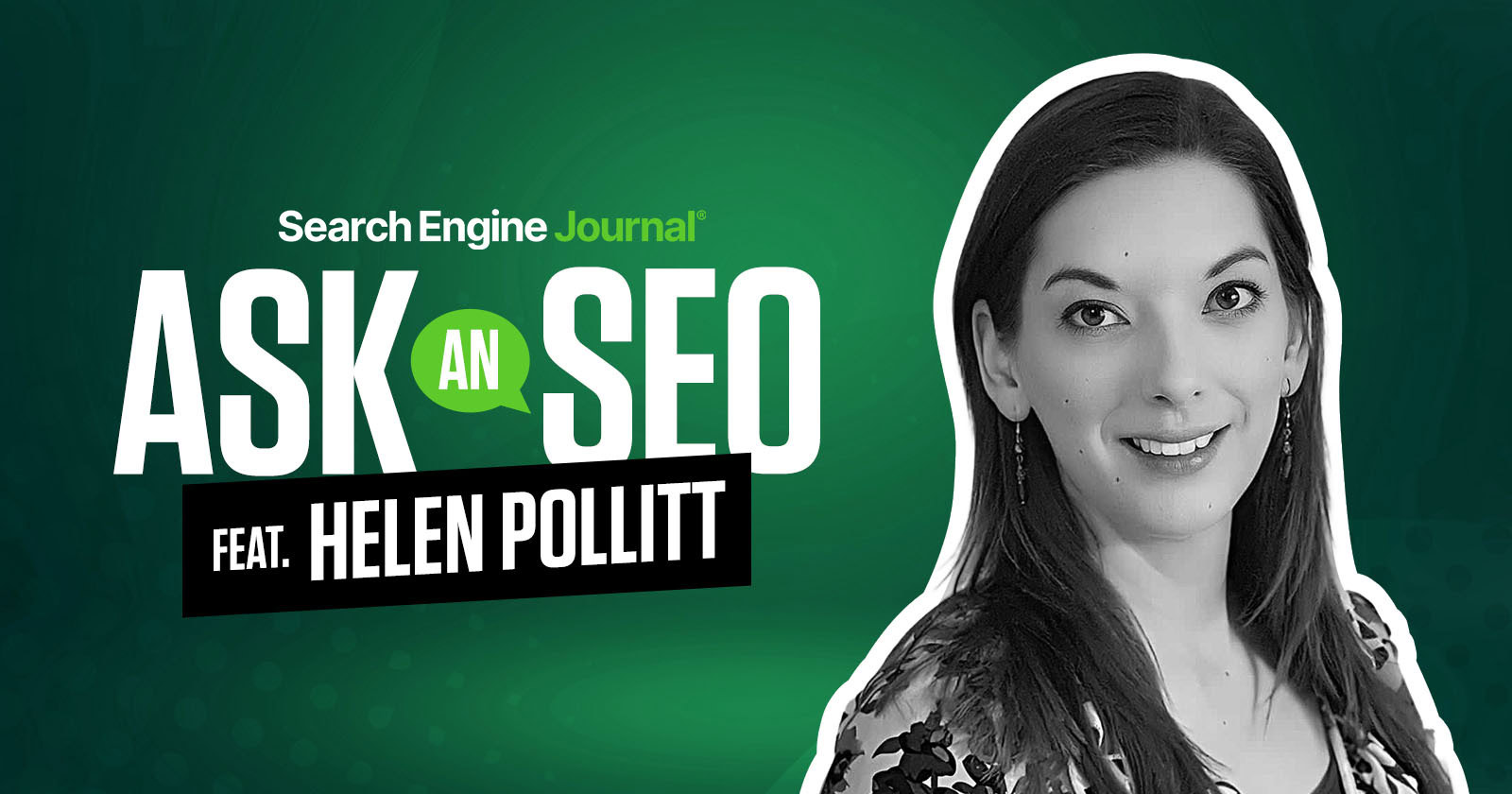














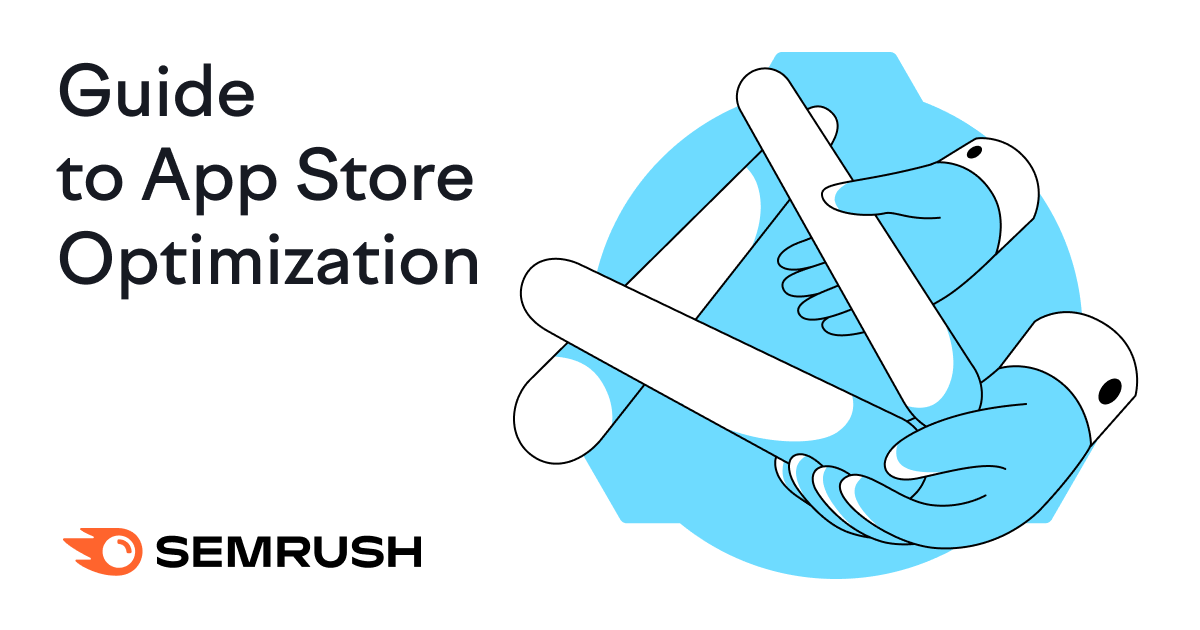

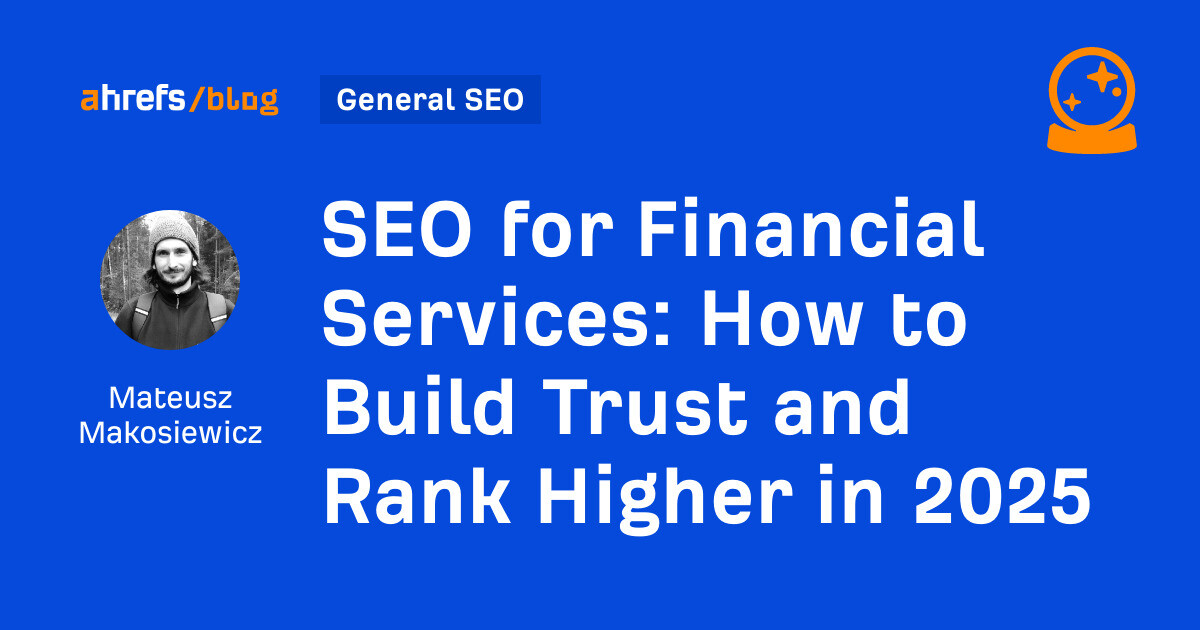
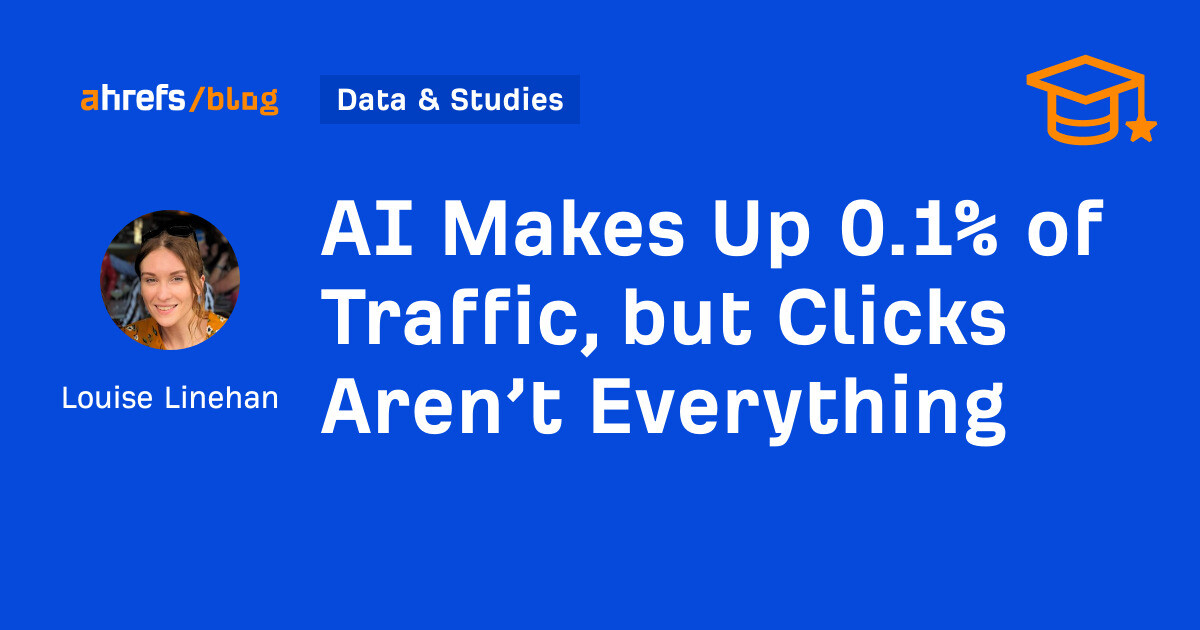
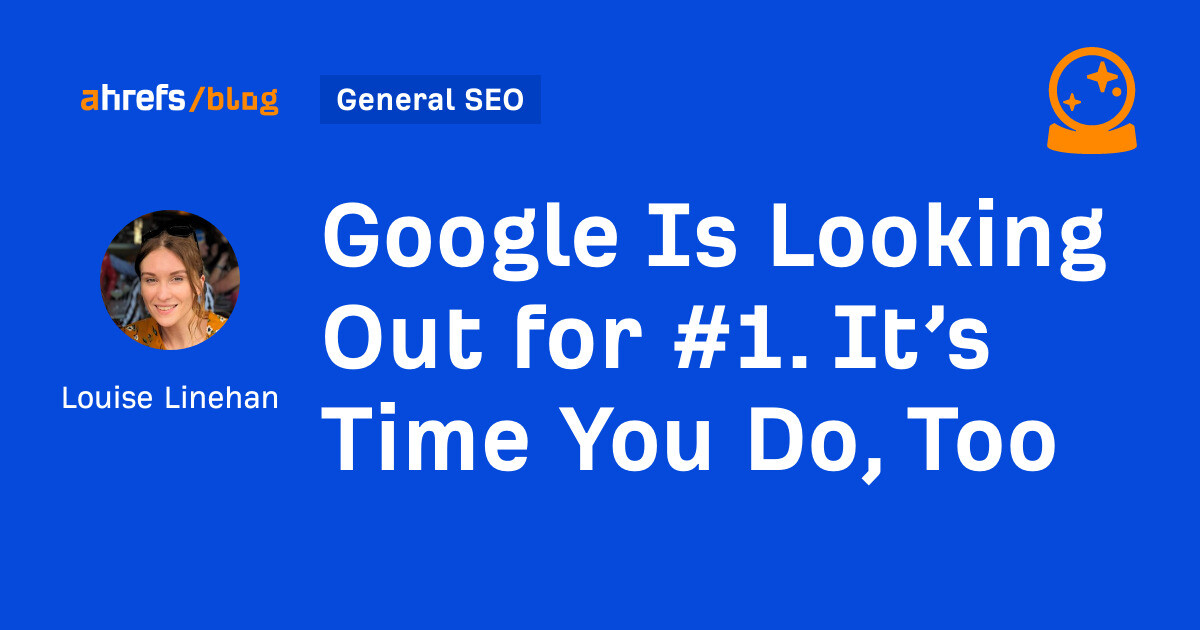
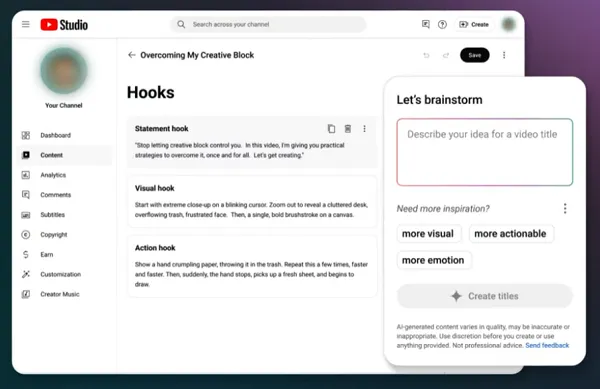


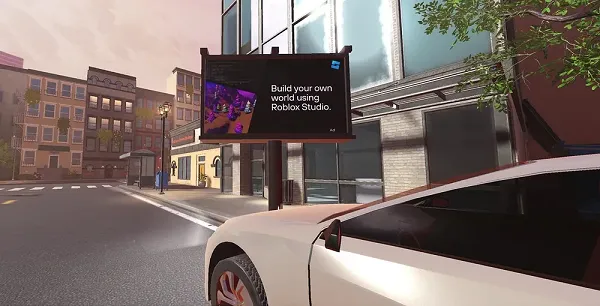











![311 Instagram caption ideas [plus free caption generator]](https://blog.hootsuite.com/wp-content/uploads/2022/07/instagram-captions-drive-engagement.png)
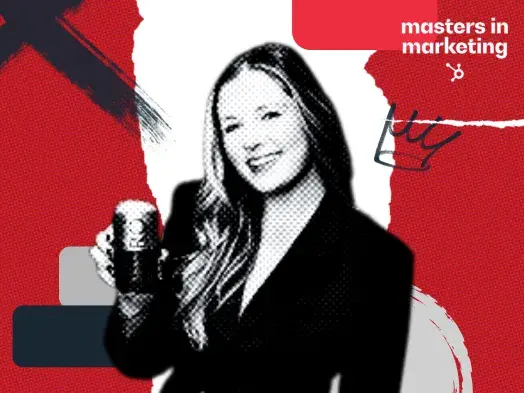


![Here’s Why Integrated Marketing Is So Effective [+ Best Practices]](https://www.hubspot.com/hubfs/Untitled%20design%20%2830%29%20%281%29.jpg)


